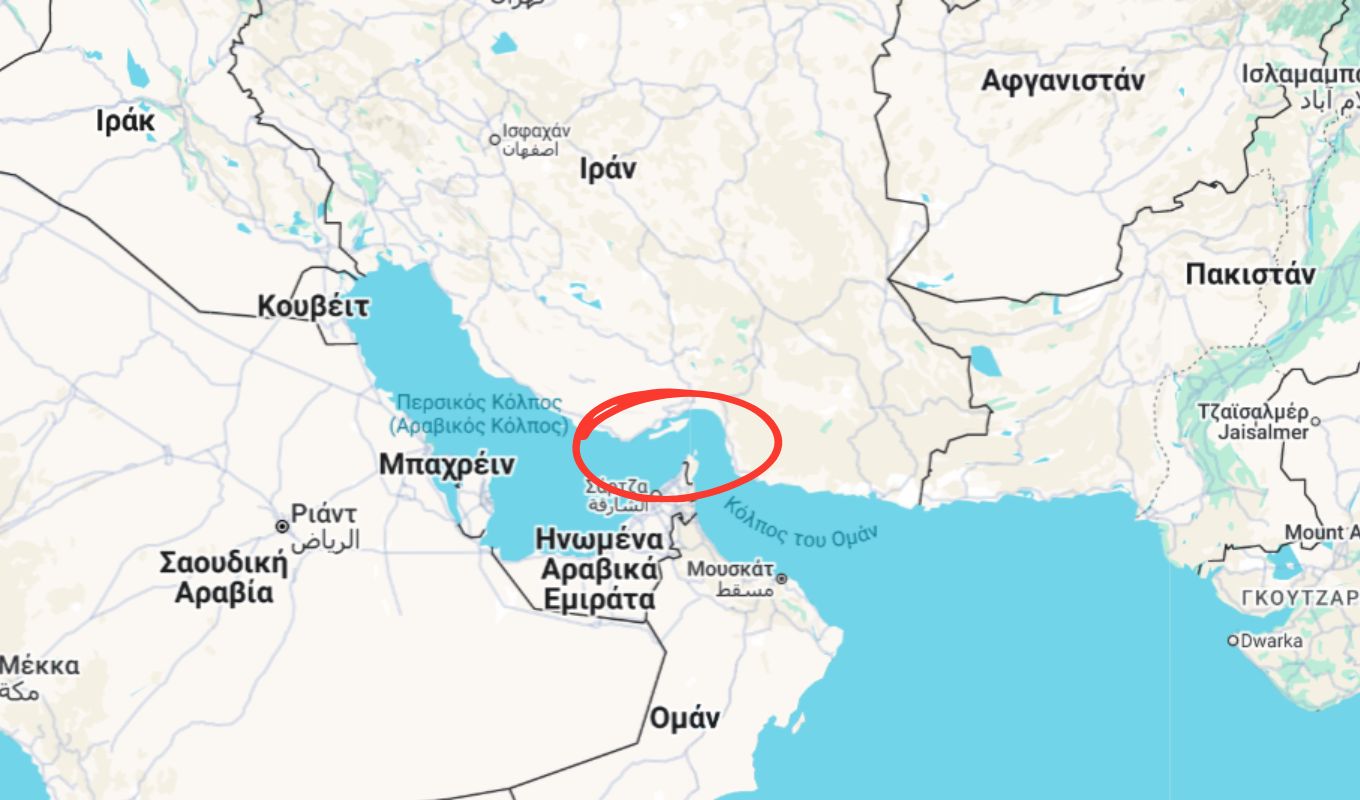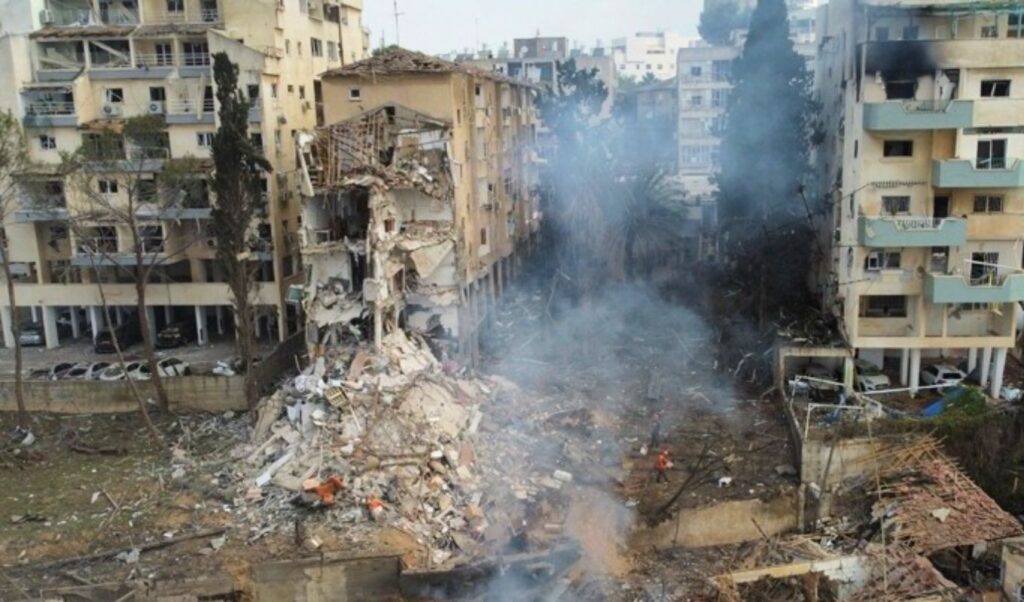The Greek economy is now entering a particularly critical period with many pitfalls and unknown consequences due to the new escalation in the Middle East between Israel and Iran. The 5+1 wounds arising from this crisis threaten to directly affect citizens’ daily lives. For now, the stability of the Greek economy, strong growth rates, and the high surplus recorded in budget execution are expected to act as a protective shield against strong pressures.
The 5+1 wounds to Greek economy from Middle East escalation
According to what Giorgos Aftias wrote in Monday’s “Apogefmatini”, if we enter a prolonged period of war due to the Middle East escalation, we will have immediate effects on daily life:
• More expensive transportation: High oil prices will raise transportation costs for everyone
• Increased shipping costs: Freight and maritime transport will bear enormous burden
• Rising production costs: Goods production will become more expensive
• Product price increases: All additional costs will hit our pockets through price hikes
• Rising inflation: Mass price increases mean inflation will move higher
• More expensive electricity: Costly natural gas will push energy prices upward
Israel, Iran: Key parameters of the crisis
Everyone’s attention is focused on fuel, natural gas, electricity, food, and ultimately a new wave of inflationary pressures. As estimated in Europe and the US, six are the basic parameters of this crisis that will affect Greece’s economic trajectory due to the Middle East escalation.
This is the key to everything coming. If the war has duration due to the continuing Middle East escalation, there will be pressure on oil, natural gas, and inevitably inflation will rise. The extreme point of a prolonged war’s impact would be oil prices skyrocketing to $120 per barrel, according to American and European analysts.
Related scenarios include: If Tehran accepts compromise, oil will move stabilizing. With war continuation, oil is expected to climb to $80-87 per barrel.
The Strait of Hormuz and its implications
If the Strait of Hormuz closes, a development currently deemed unpredictable due to the Middle East escalation, it would turn the oil market upside down. One-third of global production passes through this strait, over 20 million barrels daily. If this happens, according to JP Morgan estimates, from the current $75 oil price, it will flirt with $100-120 per barrel due to high transportation costs.

Oil and natural gas prices
International organizations estimate that oil price increases are inevitable in the coming period, with $90 per barrel as the first step. If the war acquires broader dimensions due to the Middle East escalation, then the problem will escalate.
Currently, Qatar, Oman, and the United Arab Emirates handle 100 million tons of LNG, 18% of global liquefied natural gas supply, which Europe urgently needs. Europe sees €100 per MWh as a worst-case scenario for natural gas prices.

Rising inflation and electricity prices
This is the most critical point affecting our own pockets due to wounds from the Middle East escalation. Fuel prices in Greece are currently on a satisfactory trajectory despite inflationary pressures in May at 2.5%, up from 2% in April. Competent inspection services, under orders from Development Minister Takis Theodorikakos, have already begun fuel price controls.
Rising natural gas prices automatically mean electricity price increases, creating additional wounds to the Greek economy.




